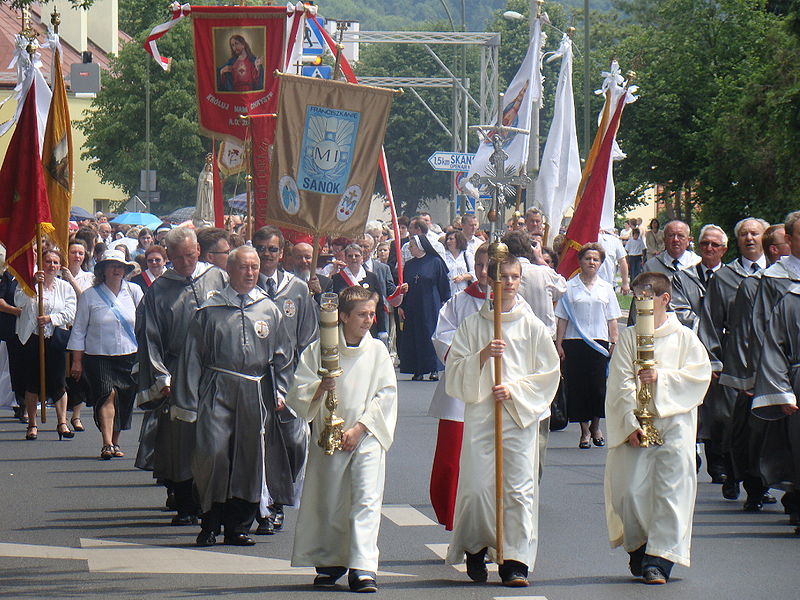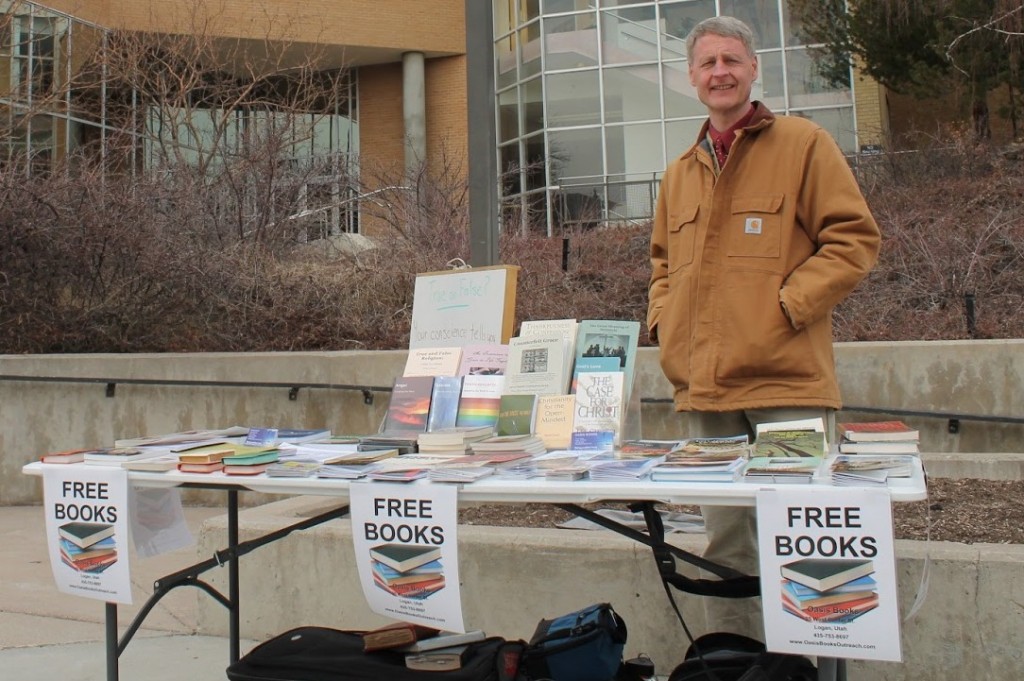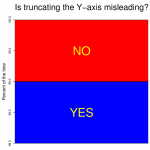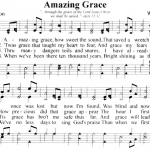
Although every Saint Patrick’s Day, streets shut down for a quasi-Catholic-related march, the American St. Paddy’s Day has about as much to do with Christianity as it does with Ireland these days, and is mostly an excuse to dress up and drink. A lot of public festivals have been watered down in this way. And the ones that remain strongly tied to a particular religious identity tend not to be public. For example, I once attended Mass at a parish that did have a Corpus Christi procession, but it basically circled the block and went back inside.
A friend of mine noticed this deficiency in her religious life last week, when she went to the March for Life in Washington D.C. and remarked that it was strange that this was the only big, public Christian infused thing she did. She figured that accounted for some of the celebratory atmosphere — the sense of community and spaciousness.
According to Sarah Perry at Front Porch Republic, this may be the fault of urban design, as much as inter-religious tensions:
[A]ncient religious practices (and their modern elaborations) are still performed in Europe; processions may still be seen winding through the streets of cities and small towns. Except for the occasional Palm Sunday procession, they are all but absent in the United States. The American urban design pattern — increasingly spreading even to small towns — is forbidding to the kind of religious practice that transforms space and time.
The American urban design pattern is characterized by, first, an orientation toward the automobile above all else; second, toward consumption as the main activity besides work; and third, toward efficient human storage. Human activities other than consumption and “being stored” – as in day cares, schools, prisons, offices, nursing homes, and “housing units” themselves – are made difficult and uncomfortable by the physical built environment itself. Religious activity and social activity, two main components of human flourishing that transform local environments, are increasingly rare and emptied of transformative power.
Whatever the cause, one of the knock on effects seems to be making religion’s occasional appearances in public seem much more fraught and antagonistic, if only because their rarity makes it seem like there must be an agenda in bothering this time. Sometimes it’s that religion makes it way out by tagging on to a more secular form of public expression (as in the political rally at the March for Life), but even a wholly prayer-based appearance seems to be tinged with the confrontational.
Duke University recently reversed a decision to allow religion a little more access to the public square on campus. The school had agreed to broadcast the Muslim call to prayer once a week from the bell tower. But, forty-eight hours after the announcement, Duke changed its mind and said the call would just be chanted, unamplified, by the students outside the door to their chapel, before they went inside.
I was surprised; my campus had a carillon, so the issue seemed to me about deciding what to broadcast, not about the general problem of whether to have noisy things happen on campus at all. If I’d overheard the adhan on campus, I don’t think I would have found it more distracting or disruptive than the usual “tintinnabulation that so musically wells, from the bells, bells, bells, bells, bells, bells, bells.” What would have made it unusual was that it was happening in the background — near me, but not addressed at me.
On a college campus, groups are frequently setting up tables to pitch themselves and their events (I got my copy of Mere Christianity from a Yale Christian Fellowship table that had wisely set up a banner that just said “Free Books!”). But this tended to be my only interaction with the campus religious groups — when they were trying to reach out to me, rather than observing them while they were just going about their ordinary business. The Yale Freestyle Dueling Association I saw going about their ordinary business (and then I joined in!), but the Christian groups did whatever they did in their own buildings and were mostly invisible to me.

It’s nice to encounter other people’s beliefs outside the context of a disagreement or evangelism. To see them in their natural context, as it were. Or to feel like your own identity isn’t something that’s a little gauche to acknowledge in public. When religion is something that mostly comes up only as a fight about religion, or the background to a fight about policy, it’s easy to develop a hackles-raised reflex on either side — in much the same way that the terrible debates in public (mostly exercises in spin, politically, or in Gatling-gun delivery, competitively) make it hard to get excited about the prospect of using a disagreement as an invitation to truth seeking. It can be helpful (including for those eventual fights!) to have lower-key encounters with the ideology/religion that you disagree with.
But I’m not really sure how to pull this off in everyday life, and I’d be curious about your thoughts.
When I’ve hosted dinner at my house, for religiously mixed groups of people, I’ve felt awkward about how to handle the issue of grace. I could just have everyone serve themselves and then mutter their prayers quickly and quietly over their own plates before we start the night’s event. I’ve sometimes, as I’ve brought something out of the oven, mentioned I’m about to say grace in the kitchen, and people can come in to join me, if they’d like. After a showing of Sherlock, I mentioned as people were leaving that I would be praying Night Office soon, and folks were welcome to stay an extra ten minutes or so for that, if they wanted.
I don’t want to make non-Christian friends feel uncomfortable at my events, and, previously, I would have felt uncomfortable as an atheist where grace was being said. It’s hard for me to tell how much of that is discomfort with the grace qua grace, or with the antagonism/awkwardness I expect — in that I would assume my staying out would make my host uncomfortable which makes me uncomfortable, and so forth. If I had experienced a pattern of being adjacent to Christian things without trouble, I might have felt differently; I had no data except imagined data to generalize from.
What do you not do in public for fear of being gauche or exclusive? Have you seen mixed groups accommodate each other well? Or badly? How?












